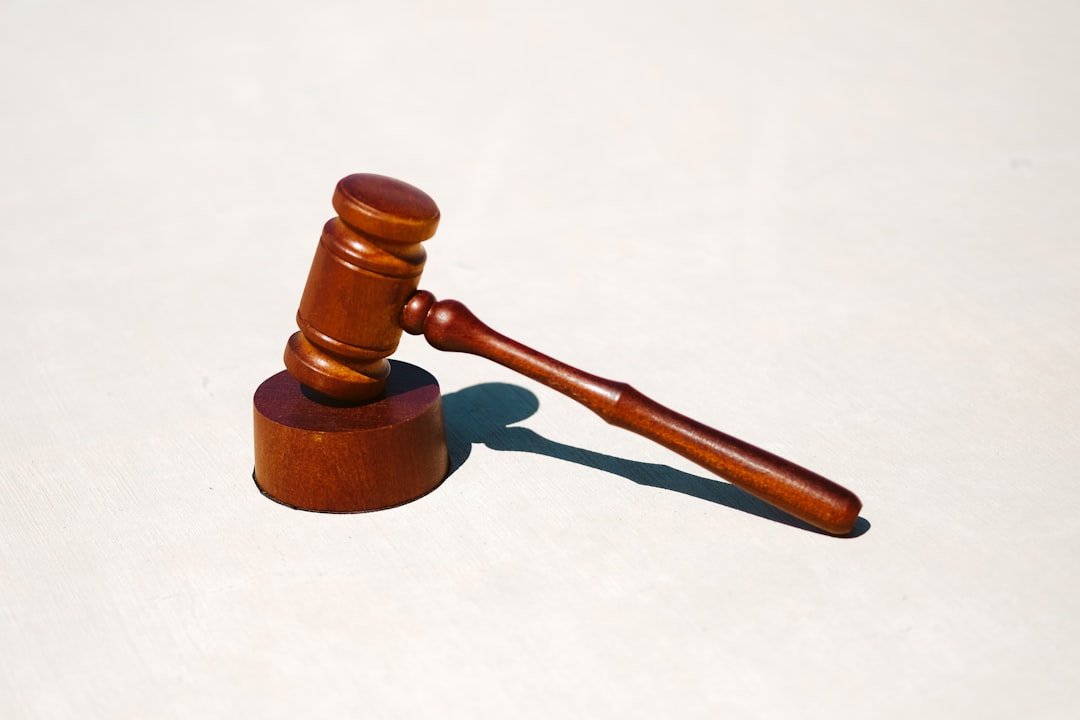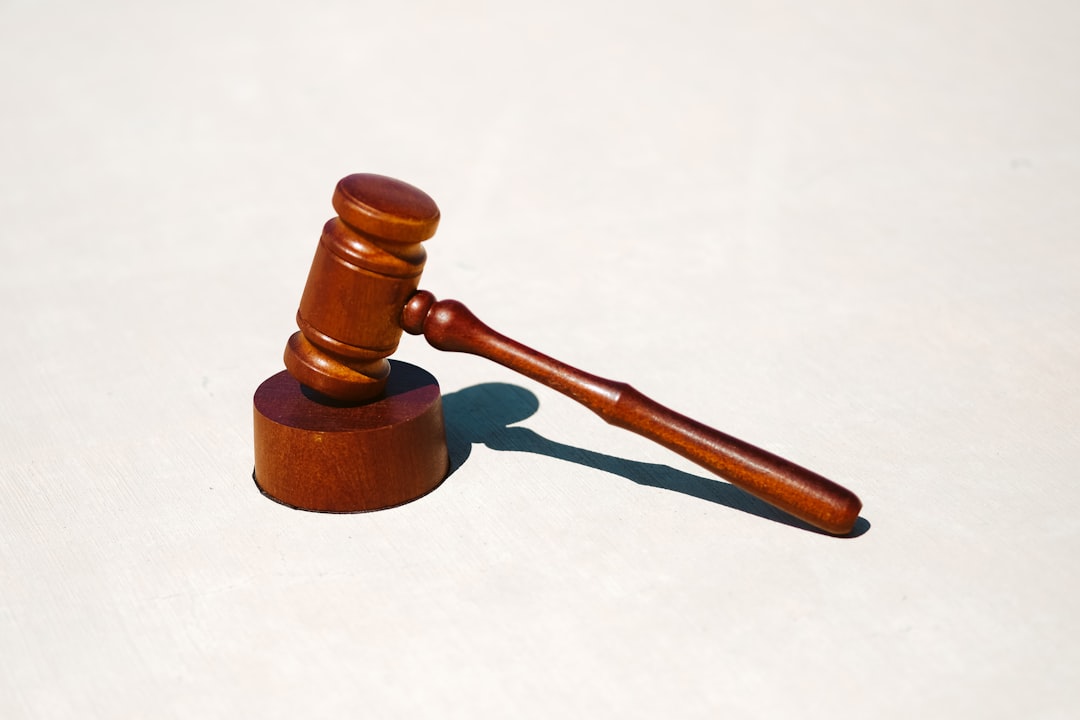In Maryland, child abuse cases prioritize the safety and well-being of minors, with qualified child abuse attorneys navigating complex procedures and advocating for the best interests of children involved in custody battles. These experts guide parents, courts, and stakeholders through state-specific regulations, utilizing evidence like medical records and expert testimony to protect young clients' rights and ensure their holistic well-being. Engaging a child abuse attorney Maryland is crucial for navigating stringent evidence requirements and legal procedures aimed at safeguarding vulnerable children.
In Maryland, child abuse custody battles are complex and emotionally charged. This article explores how courts navigate these delicate matters, focusing on the state’s legal framework, the crucial role of a child abuse attorney, and determining the best interests of the child. Understanding the procedures, evidence requirements, and available resources is essential for parents and guardians involved in such cases. A skilled Maryland child abuse attorney can guide you through this process, ensuring your rights and the well-being of your child are protected.
Understanding Maryland's Legal Framework for Child Abuse Cases

In Maryland, the legal framework for handling child abuse cases is designed to protect the best interests of the child while ensuring a fair process for all involved parties. When it comes to custody battles in such cases, state laws and regulations prioritize the safety and well-being of minors above all else. A qualified child abuse attorney Maryland plays a pivotal role in navigating this complex legal landscape. They guide parents, guardians, and other stakeholders through the intricate procedures, helping them understand their rights and obligations.
The courts in Maryland follow strict protocols when dealing with child abuse allegations. These include comprehensive investigations, where law enforcement and social services work together to gather evidence and assess the situation. If the claims are substantiated, the court may issue emergency orders to ensure the immediate safety of the child. During custody proceedings, judges carefully consider all relevant factors, such as the child’s stability, the parents’ ability to provide a safe environment, and any history of abuse or neglect.
The Role of a Child Abuse Attorney in Custody Battles

In Maryland custody battles involving suspected or confirmed child abuse, a skilled child abuse attorney is indispensable. These legal professionals are experts in navigating the complex web of family law and child protection regulations specific to Maryland. They advocate for the best interests of the child, ensuring that any decisions regarding custody and visitation are based on thorough investigations and evidence. A child abuse attorney in Maryland will meticulously review the case, gathering documentation and testimonies to build a robust legal strategy.
Their role extends beyond legal representation; they serve as guardians, protecting the rights and safety of their young clients. These attorneys guide parents or caregivers through the court process, explaining their options and potential outcomes. They may also collaborate with other professionals, including social workers and therapists, to provide comprehensive support for the child’s well-being, especially during and after the custody battle.
Evaluating the Best Interests of the Child

When navigating a child abuse custody battle in Maryland, a key aspect of the legal process is evaluating the best interests of the child. This involves a thorough assessment of various factors that impact the child’s well-being and future stability. A qualified child abuse attorney in Maryland will advocate for their client while ensuring the court prioritizes the child’s safety, security, and emotional development above all else.
The determination of the best interests is based on a comprehensive review of evidence presented by both parties, including medical records, psychological evaluations, and witness testimonies. The court examines parental fitness, stability, and capacity to provide for the child’s needs, as well as factors like the child’s bond with each parent, their home environment, and potential risks or benefits associated with each placement option. A Maryland child abuse attorney plays a crucial role in guiding clients through this process, ensuring their rights are protected while fighting for what is truly in the best interest of their child.
Legal Procedures and Evidence Requirements in Maryland Courts

In Maryland courts, handling child abuse custody battles involves a meticulous adherence to legal procedures and strict evidence requirements. When a case of child abuse is brought before a judge, the primary focus shifts to the best interests of the child. A child abuse attorney in Maryland plays a pivotal role here, ensuring that all evidence presented is admissible and relevant, from medical records detailing physical injuries to eyewitness accounts and expert testimony.
The court process involves extensive documentation, thorough questioning during depositions, and careful consideration of any past incidents of abuse or neglect. Legal procedures dictate that both parties be given fair representation, with ample opportunity to present their cases. Evidence requirements in Maryland courts are stringent, aiming to protect the vulnerable and ensure a safe environment for all children involved.
Supporting Your Case: Resources and Steps for Parents and Guardians

When facing a child abuse custody battle in Maryland, it’s crucial to be prepared and equipped with the right resources. Engaging the services of a dedicated child abuse attorney Maryland is an essential step. They can guide parents and guardians through the complex legal landscape, ensuring their case is strongly supported. These attorneys have extensive knowledge of state laws and procedures related to child protection, which can significantly influence the outcome of custody decisions.
To strengthen your position, start by gathering comprehensive documentation. This includes medical records, police reports, and any other evidence that highlights the instances of abuse or neglect. Create a detailed timeline of events, noting dates and descriptions of incidents. Reach out to reliable support systems such as local social service agencies, child advocacy organizations, or therapy professionals who can provide character references and expert opinions. Additionally, familiarize yourself with your rights and the legal definitions of child abuse, ensuring you present a clear and compelling case for custody.





